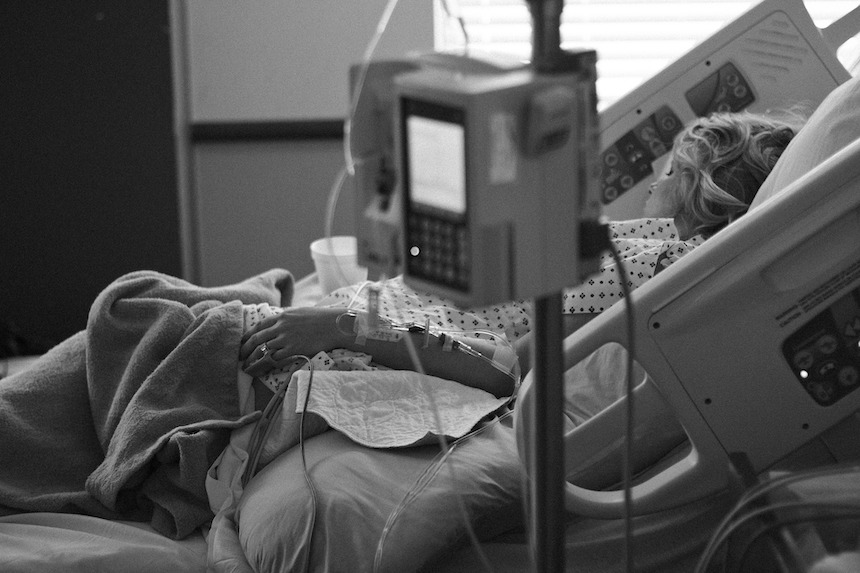
It’s not something most of us want to think about, but there will come a time when our loved ones pass away. We hope that everyone will live a long and full life, but sometimes early death is unavoidable. Accidents and disease can take our loved ones away sooner than expected. Or we can be taken away from them. This is why it is so important to have a will in place that lays out the specifics of what is to happen to not only the estate at the time of death but also the conditions of death.
What Is Brain Death?
Some people are placed on life support when their bodies no longer function, and without specific directions for what to do in these situations, many families are unsure of the best course of action. It can lead to arguing and torment because the choice to remove life support is not an easy one to make. This type of situation occurs in cases of brain death.
Brain death occurs when there is no measurable brain activity in a patient but the person’s lungs and heart can continue functioning to keep the body alive with the aid of machines. Brain death is different from a coma in that coma patients have measurable brain activity. Brain death is different from PVS or persistent vegetative state in that patients with PVS have no measurable brain activity in the areas of the brain responsible for thought but their brains can maintain basic life functions without the aid of machines.
Emotional Toll
If there is a sliver of a chance that you will be able to recuperate you will want your medical team and family to fight to find a cure to whatever is ailing you. This is where the emotional toll comes in. Figuring out that the difference between brain death and a coma can be the difference between hope and loss. If you are truly gone it will be very hard to start a grieving process if there is that hope to hold on to.
There is no right or wrong answer. People have different belief systems about what constitutes life. Is it a heartbeat? Is it brain activity? Some feel that unplugging a loved one is an act of giving up on them. Some people don’t want to be dependent on machinery. These are all very deeply personal choices. That’s why you should make the choice for yourself while you have all your faculties.
What Are Your Options?
While brain death is severe, there have been cases where patients who were declared brain dead recovered, such as Jahi McMath, who had been on a breathing machine for over a month. Cases such as this bring up a lot of ethical questions that should be considered before any family is faced with such a situation.
Getting a will and estate lawyer will help plan the specifics of what would happen were you or a loved one to suffer an injury that causes brain death. You can consider whether or not to stay on life support. It is much easier for the family to support your decision even if they disagree than placing the burden on them to make the choice for you. This would bring an added burden and trauma to the already horrific situation of losing you.
Again, these are not easy decisions to make, and no one should be faced with this situation and no answers if brain death were to occur to you or a loved one. Considering the decision and what to do beforehand during estate planning can give you peace of mind knowing that the choice has already been made, and in the unlikely event such a tragedy occurs, your loved ones would not have to choose for you. Remember that it is ok to follow a will even if it goes against what you would want someone to do for you. When you follow through with someone’s wishes you honor their memory.
- When To Know It’s Time for Divorce - June 12, 2024
- When a Dental Implant Is the Best Option - June 10, 2024
- 5 Ways To Banish Bad Breath - June 7, 2024






